Your kitchen sink is a workhorse, handling everything from washing dishes to prepping meals. But without proper care, it can become a source of clogs, odors, and costly plumbing issues. In Seattle, WA, where heavy rain and older plumbing systems are common, maintaining your kitchen sink is essential to avoid drainage problems. At KnightRooter, we’ve helped thousands of Seattle homeowners keep their drains flowing with expert drain cleaning and hydro jetting services.
This guide shares the do’s and don’ts of kitchen sink maintenance, offering practical, Seattle-specific tips to prevent clogs and ensure your plumbing stays in top shape. Whether you’re in Capitol Hill, Ballard, or West Seattle, these strategies will save you from plumbing headaches during the rainy season.
Why Kitchen Sink Maintenance Is Crucial in Seattle
Seattle’s wet climate and aging infrastructure put extra strain on home plumbing systems. Heavy rainfall can overwhelm municipal drains, leading to backups if your kitchen sink isn’t maintained. Food scraps, grease, and soap residue are common culprits behind clogs, causing slow drains, foul smells, and even pipe damage.
Regular kitchen sink maintenance helps you:
- Avoid costly repairs from clogs or leaks.
- Prevent odors that linger in your kitchen.
- Protect Seattle’s sewer system by following safe grease disposal tips.
At KnightRooter, our Expert Drain Cleaning services seattle ensure your sink stays functional year-round, especially during Seattle’s stormy winters. Let’s dive into the do’s and don’ts to keep your drains clear.
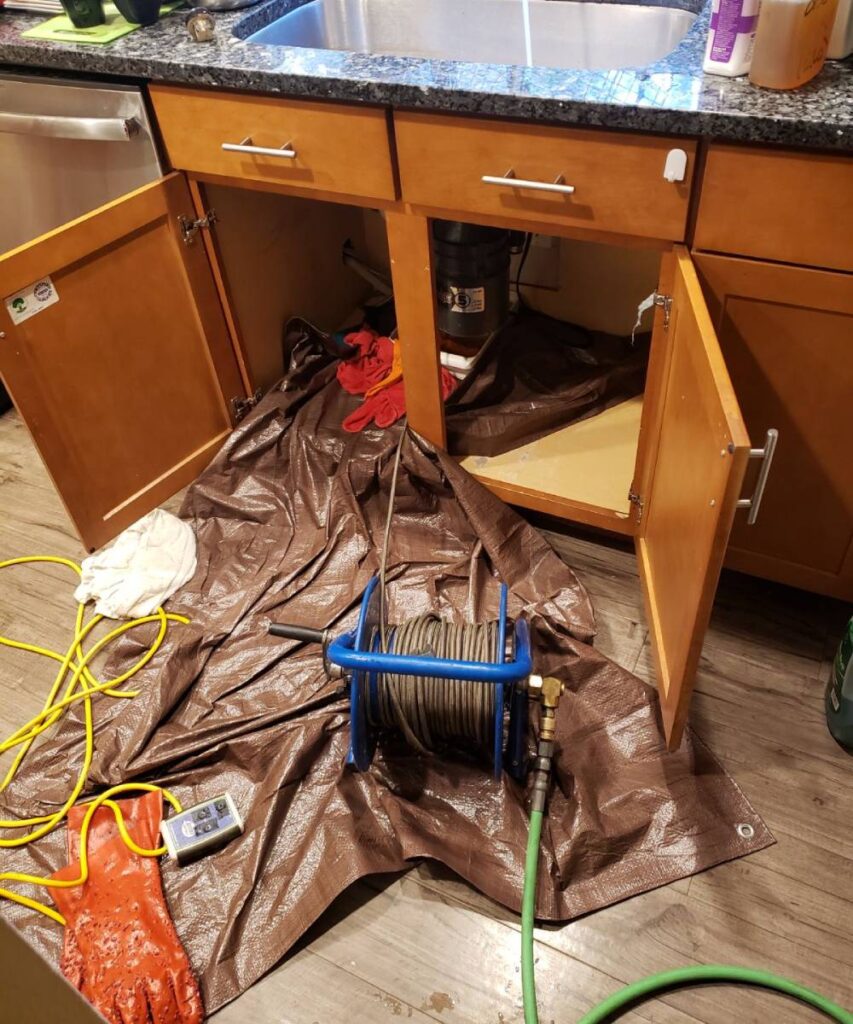
Do’s for a Healthy Kitchen Sink
Follow these expert tips to maintain your kitchen sink and prevent plumbing issues:
1. Flush with Hot Water Daily
After washing dishes, run hot water for 15–20 seconds to dissolve grease and flush debris. In Seattle’s cooler months, this prevents grease from hardening in your pipes.
2. Install a Drain Strainer
Use a mesh strainer to catch food particles, coffee grounds, and hair. Empty it into the trash or compost to keep your drain clear and reduce clog risks.
3. Clean Drains Naturally
Once a week, pour half a cup of baking soda down the drain, followed by half a cup of white vinegar. Let it fizz for 10 minutes, then flush with hot water. This natural cleaner removes light buildup and keeps drains fresh.
4. Maintain Your Garbage Disposal
If you have a garbage disposal, run cold water during and after use to solidify grease and flush debris. Clean it monthly by grinding ice cubes (to sharpen blades) and citrus peels (for a fresh scent).
5. Schedule Professional Drain Maintenance
Book annual drain maintenance in Seattle with KnightRooter to catch issues early. Our plumbers use camera inspections and Advanced Hydro Jetting (#) to keep pipes spotless.
6. Store Grease Properly
Never pour cooking oil or grease down the drain. Collect it in a heat-safe container, let it cool, and toss it in the trash. This aligns with Seattle’s drain maintenance guidelines to protect local waterways.
7. Inspect for Leaks
Check under your sink for drips or water stains, especially in Seattle’s humid climate, where mold thrives. Early leak detection saves you from water damage and repair costs.
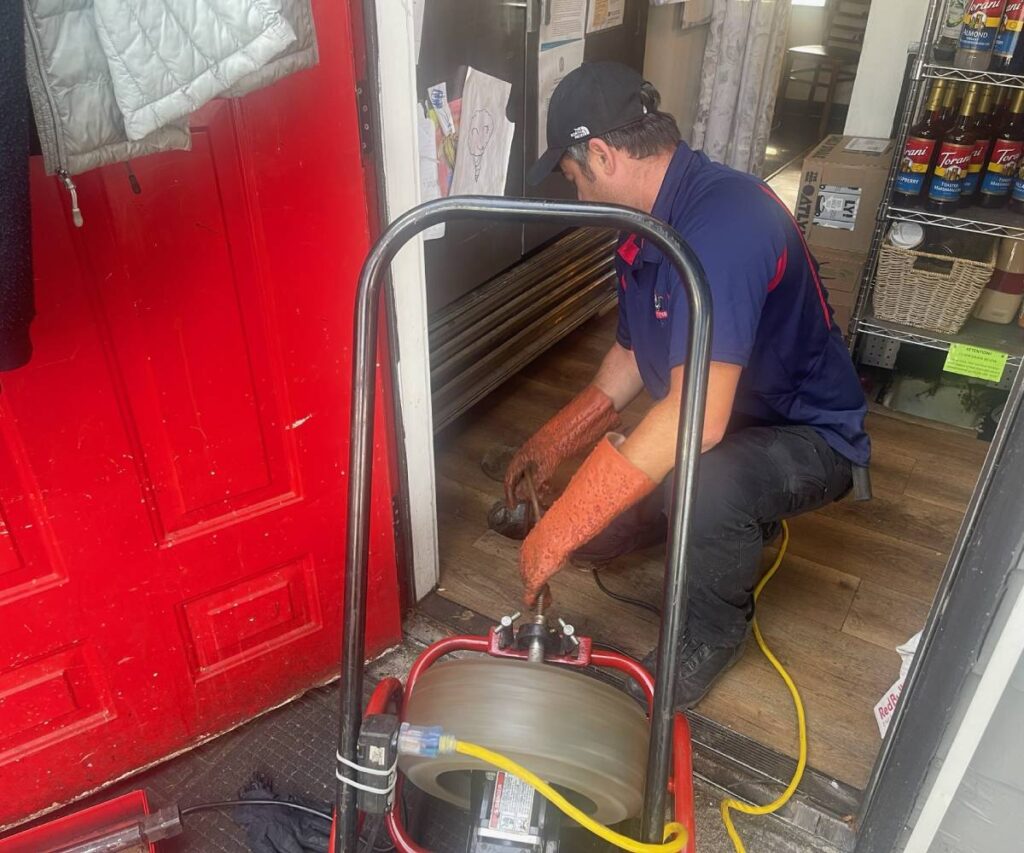
Don’ts That Harm Your Drains
Avoid these common mistakes to protect your kitchen sink and plumbing system:
1. Don’t Dump Grease or Oil
Cooking grease solidifies in pipes, forming tough clogs that require professional intervention. Always dispose of grease in the trash to avoid blockages.
2. Don’t Toss Coffee Grounds
Coffee grounds clump together and stick to pipes, creating stubborn clogs. Scrape them into the trash or use them as garden compost instead.
3. Don’t Rely on Chemical Cleaners
Store-bought drain cleaners are harsh on pipes, especially in older Seattle homes with cast-iron plumbing. They’re also bad for the environment. Choose hydro jetting services for a safer solution.
4. Don’t Ignore Slow Drains
A sluggish drain signals a growing clog. Don’t wait for a complete blockage—use a plunger or call KnightRooter for drain cleaning in Seattle to fix it fast.
5. Don’t Drain Starchy Foods
Pasta, rice, and potatoes expand in water, forming sticky clogs. Scrape leftovers into the trash before rinsing dishes to keep pipes clear.
6. Don’t Overwork the Garbage Disposal
Avoid putting stringy vegetables (e.g., asparagus, lettuce) or hard items (e.g., fruit pits, shells) in the disposal. These can jam the motor or clog pipes.
7. Don’t Skip Routine Checks
Neglecting drain maintenance leads to bigger problems, like sewer backups. Stay proactive with annual inspections to keep your plumbing healthy.
Hydro Jetting: The Ultimate Clog Solution for Seattle
When DIY methods fall short, hydro jetting is the go-to solution for Seattle homeowners. This advanced technique uses high-pressure water (up to 4,000 PSI) to scour pipes clean, removing grease, food buildup, and even tree roots. It’s safe for most plumbing systems and environmentally friendly, using no chemicals.
Why Choose Hydro Jetting?
- Thorough Cleaning: Clears the entire pipe, not just the clog.
- Long-Term Results: Prevents recurring blockages.
- Safe for Seattle Homes: Ideal for older pipes in neighborhoods like Queen Anne or Fremont.
KnightRooter’s Advanced Hydro Jetting service seattle is perfect for tackling tough clogs or preparing your plumbing for Seattle’s rainy season. Our team ensures your drains stay clear with minimal disruption.
When to Call a Seattle Plumber
Some sink issues require professional help. Contact KnightRooter if you notice:
- Persistent Slow Drains: Indicates a deep clog or pipe issue.
- Bad Odors: Suggests trapped debris or sewer problems.
- Strange Noises: Gurgling or bubbling points to air trapped by clogs.
- Recurring Clogs: Signals a need for hydro jetting or pipe inspection.
- Leaks or Stains: Requires immediate repair to prevent water damage.
Our certified plumbers use cutting-edge tools, like drain cameras, to diagnose and fix issues quickly. Serving Seattle, Renton, and Shoreline, we’re your local experts for drain cleaning in Seattle
FAQ
1. How often should I maintain my kitchen sink drain?
Clean your drain weekly with baking soda and vinegar, and schedule professional drain maintenance in Seattle every 12–18 months to prevent clogs.
2. Are chemical drain cleaners safe for my pipes?
No, they can corrode pipes and harm the environment. Use natural methods or contact KnightRooter for hydro jetting services to clear clogs safely.
3. What causes kitchen sink clogs in Seattle homes?
Grease, food scraps, coffee grounds, and starchy foods are common culprits. Seattle’s older plumbing systems are especially prone to buildup.
4. How does hydro jetting benefit my kitchen sink?
Hydro jetting removes grease, debris, and buildup with high-pressure water, ensuring clean pipes and long-lasting drainage.
5. What should I do if my sink drains slowly?
Try plunging or flushing with hot water. If the problem persists, call KnightRooter for expert drain cleaning in Seattle to address the root cause.
For professional and fast drain cleaning Bothell, drain cleaning Seattle, and drain cleaning Bellevue, contact KnightRooter. Our team is ready to provide the best solutions for your drain issues.

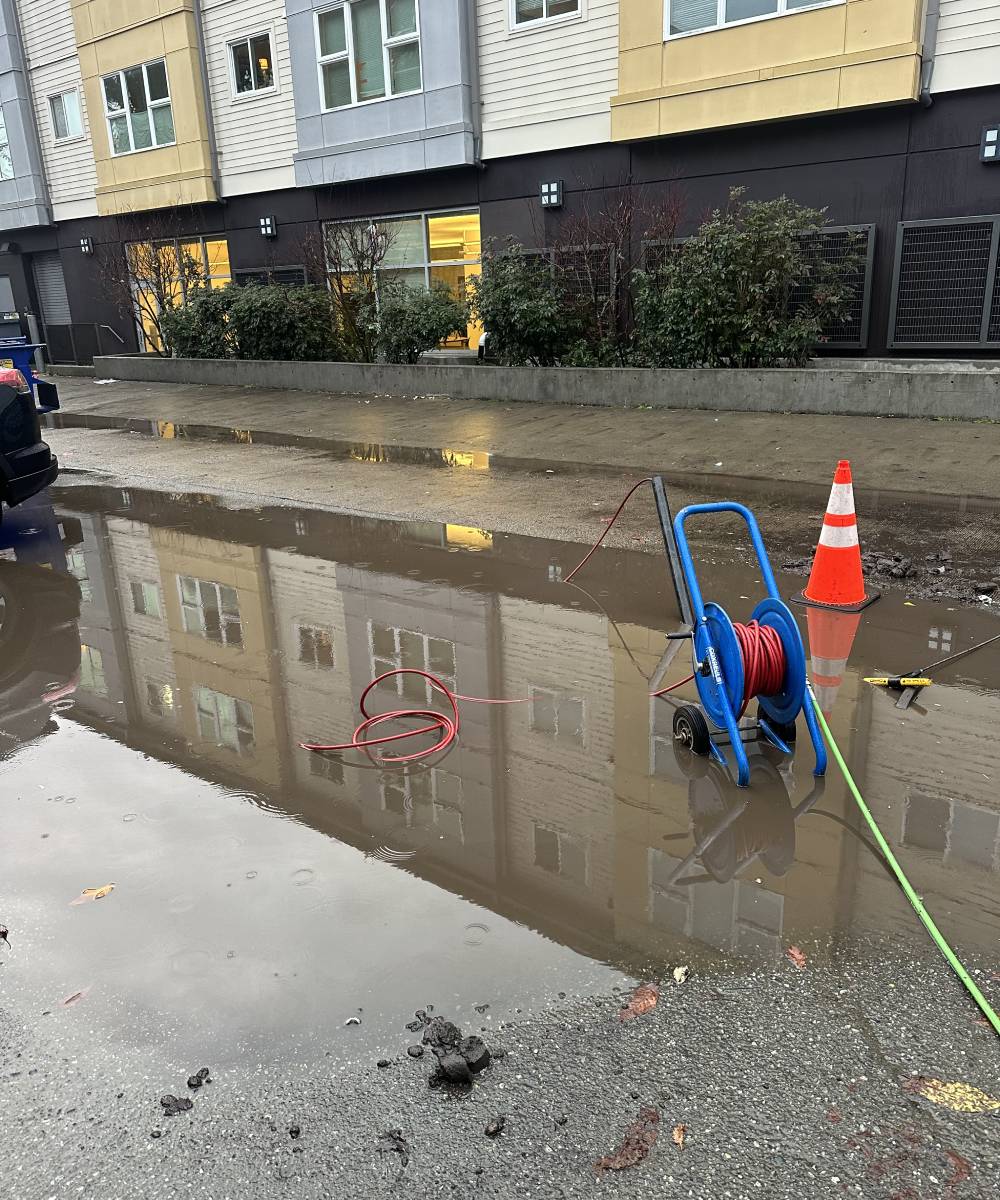
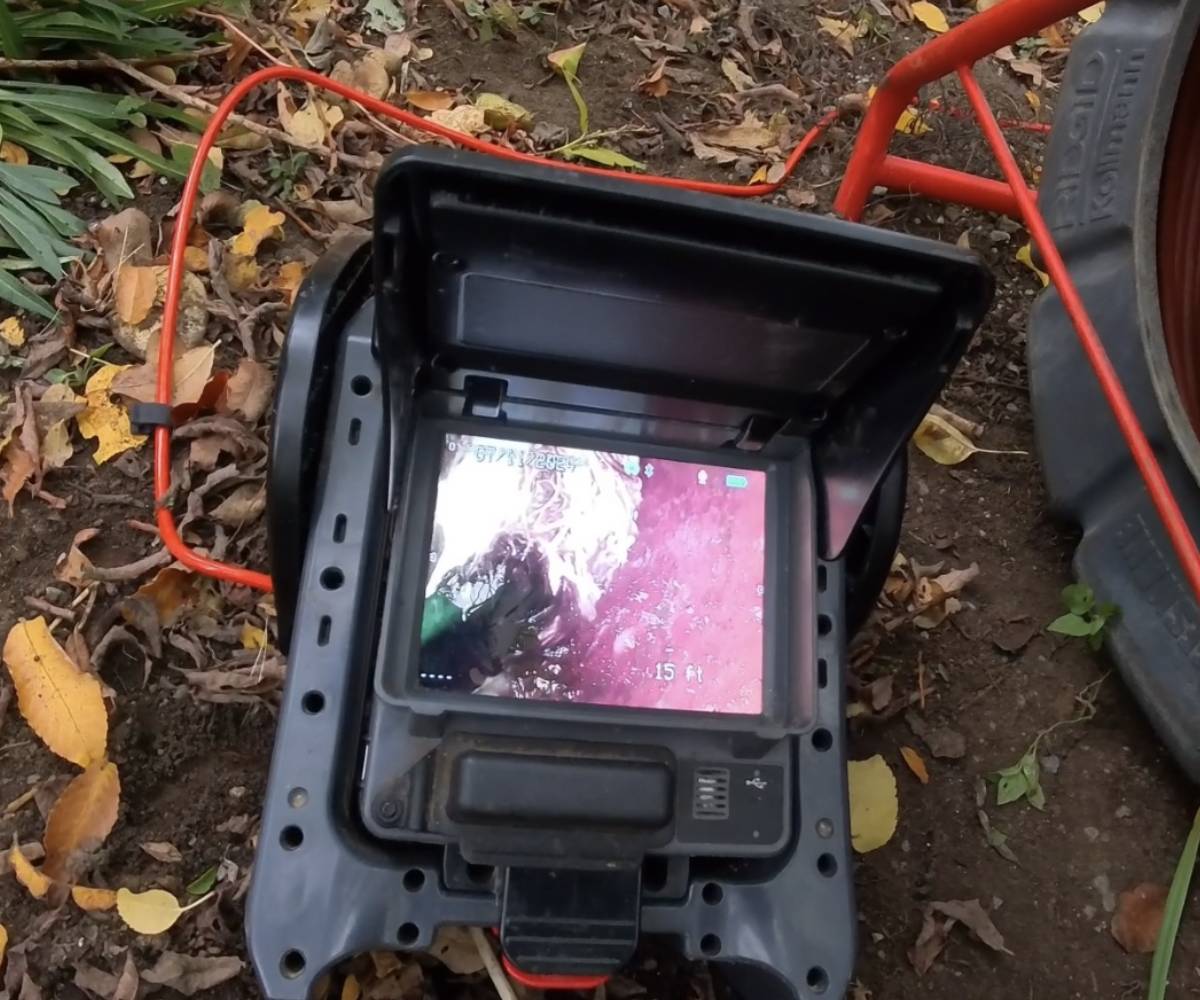
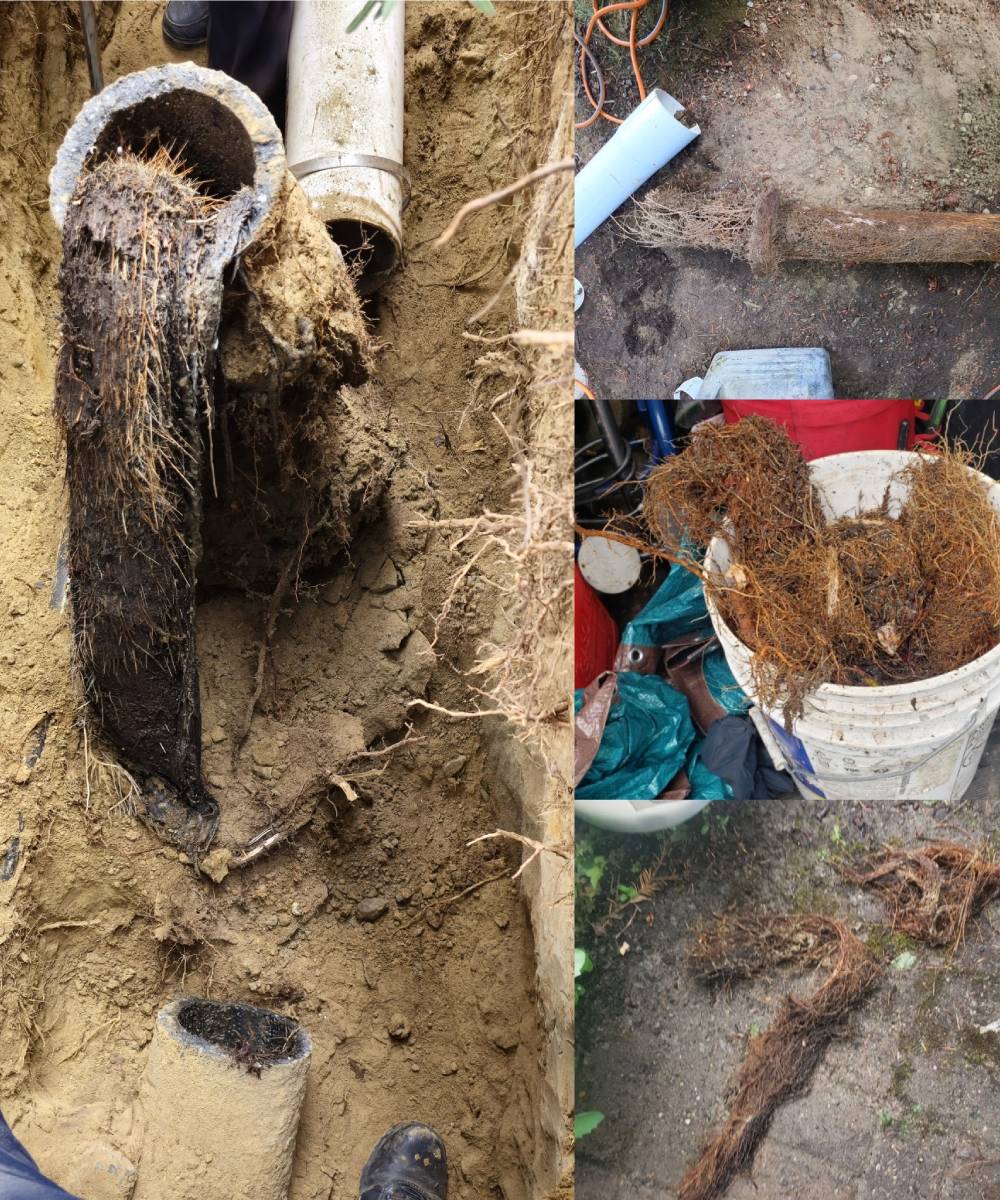
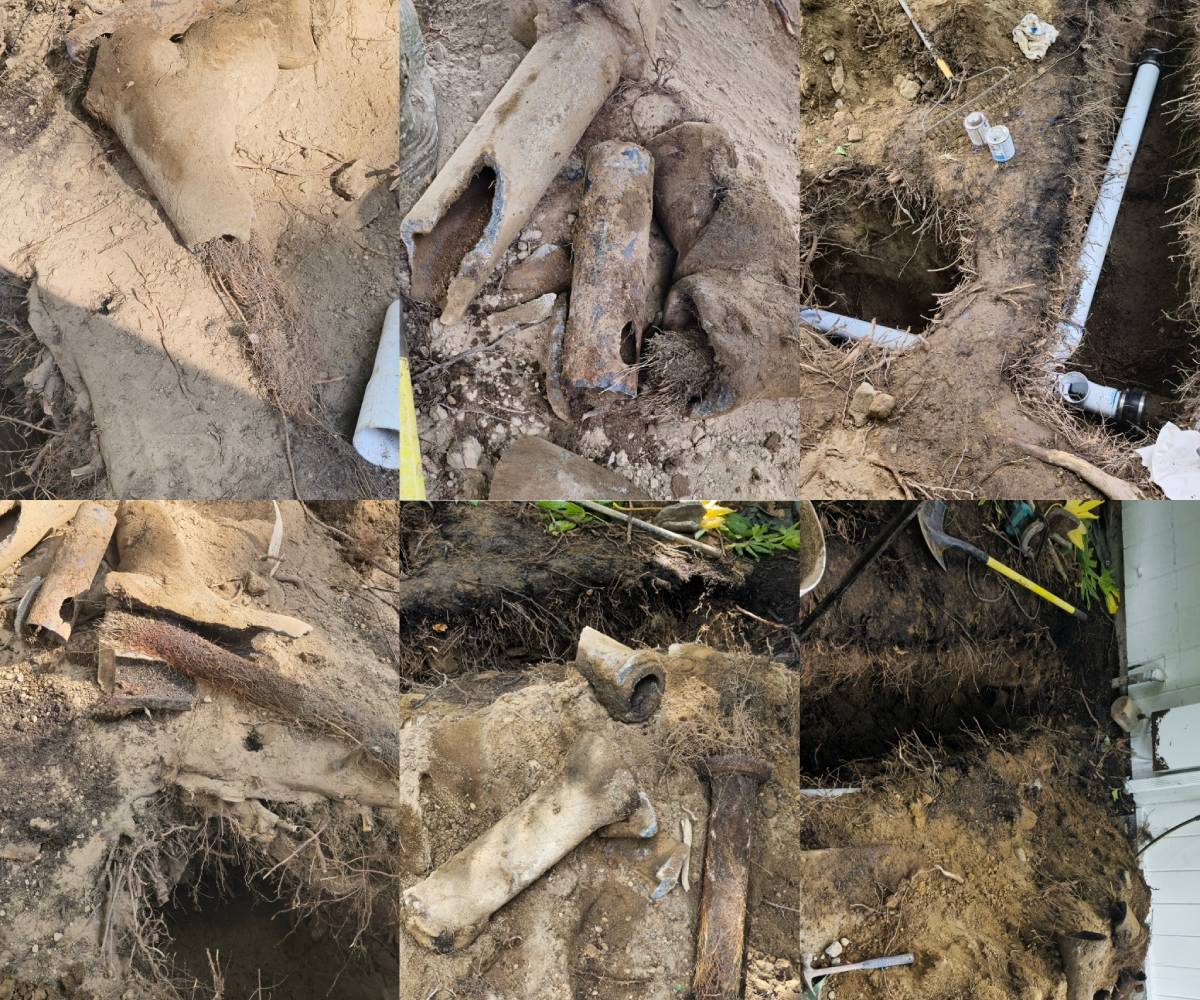
No comment yet, add your voice below!